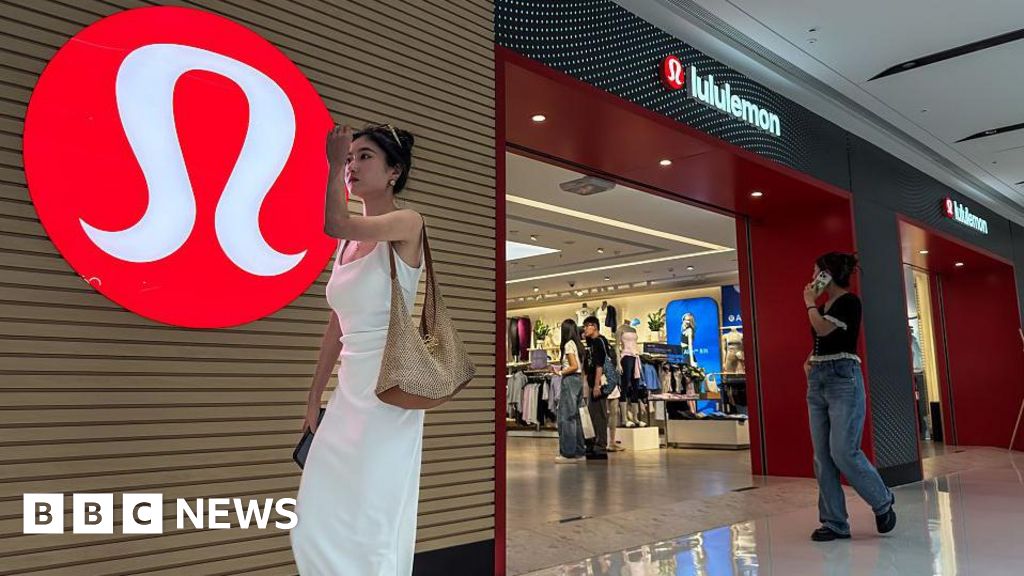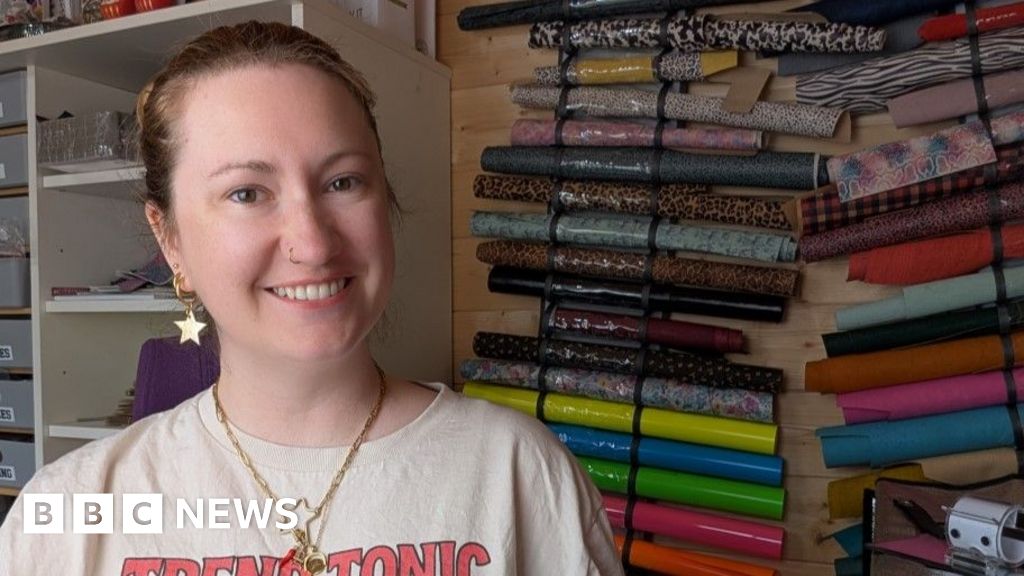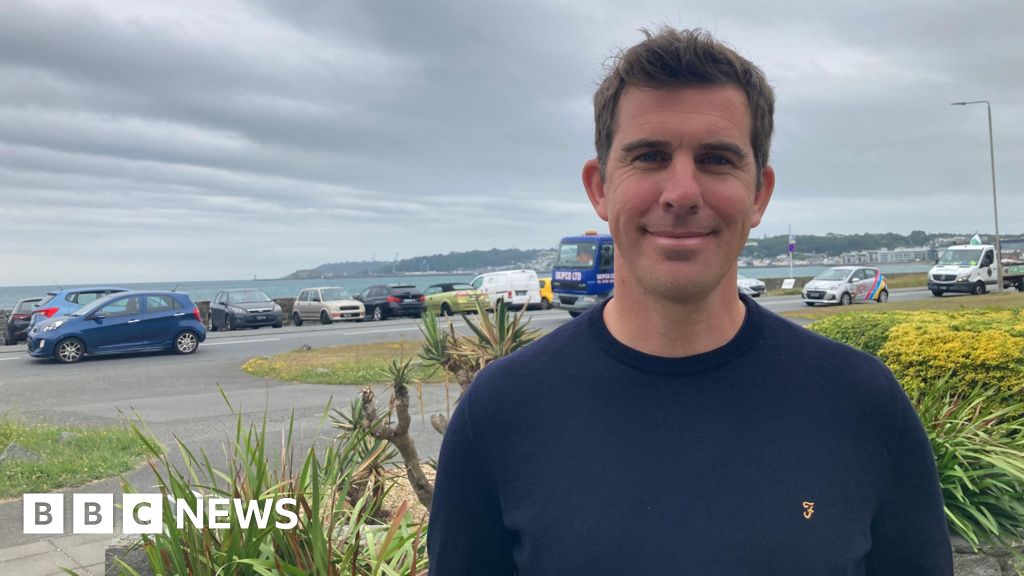ARTICLE AD BOX
Image source, Getty Images
Some of America's biggest pharmacy chains have gone on trial this week for the first time, accused of fuelling the country's opioids epidemic.
Walgreens Boots Alliance, CVS, Walmart and Giant Eagle deny failing to stop excessive amounts of addictive prescription painkillers being sold in two Ohio counties.
If found liable, they could face a wave of litigation and billions of dollars in compensation - not to mention serious reputational damage.
More than 3,300 similar cases have been brought, largely by US state and local governments.
They seek to hold the companies responsible for an opioid epidemic that led to nearly 500,000 overdose deaths from 1999 to 2019.
What are the allegations?
Over the last few decades, millions of Americans have become addicts through the over-prescription and abuse of legal opiate-based painkillers such as OxyContin.
It has put immense strain on public health and policing resources in cities and towns across the US.
Big pharmaceutical companies, doctors and pharmacy chains were accused of turning a blind eye to the problem, leading to criminal charges and billions of dollars in civil litigation.
Image source, Getty Images
Image caption, Walgreens is one of the big pharmacy chains facing actionBut pharmacy operators have not faced action until now.
In this week's trial, the Ohio counties of Lake and Trumbull allege that Walgreens, CVS, Walmart and Giant Eagle refused to give their pharmacists the necessary "tools and opportunities" to stop the "diversion and improper sale" of opiates. They are also alleged to have ignored employee warnings about inadequate safeguards.
As a result, large amounts of addictive painkillers ended up on the black market, they say.
"They [the pharmacy chains] just dispensed like a vending machine," Mark Lanier, a lawyer for the countries, told the jury in Cleveland in his opening statement on Monday.
He said the four firms were "the last line of defence" against people obtaining pills to illicitly sell on the streets. But he said they had failed to spot "red flags" of misuse and prioritised the processing of prescriptions quickly while patients shopped at their stores.
"From the very beginning, they were supposed to train their pharmacists, and they didn't," Mr Lanier told the jury. "From the very beginning, they should have given the pharmacists the tools they'd need and they didn't."
What do the pharmacies say?
The pharmacy companies deny wrongdoing, saying black market dealers were more likely to obtain opioids illegally from other sources, including so called pill mills (clinics that overprescribe painkillers for profit), corrupt doctors and drug traffickers.
They also say regulators failed to control the drugs; the illicit sale of drugs online also played a part.
"Pharmacists don't create demands," said Kaspar Stoffelmayr, a lawyer for Walgreens. "They don't tell doctors what prescriptions to write."
Image source, Reuters
Image caption, OxyContin was one of the most widely abused painkillersMost instances of opioids being diverted for illicit uses did not involve pharmacies, Mr Stoffelmayr added. He cited a study showing that most prescribed pain pills go unused and many "end up in wrong hands".
In a statement issued before the trial, Walgreens said it took "great pride in the judgment of our pharmacy professionals". Giant Eagle said regulators who inspected its pharmacies in the two Ohio counties found it complied with the law.
The BBC has contacted CVS and Walmart for comment.
What could happen next?
While the trial is technically only being brought by two counties, it will set a precedent for thousands of other pending lawsuits from local states and governments.
If found liable, the companies could end up having to pay out billions of dollars to help abate the opioids crisis. They could also face weeks of embarrassing testimony about their business practices.
Who else has faced action over the opioids crisis?
In September, OxyContin maker Purdue Pharma agreed to settle thousands of lawsuits against it in a $10bn bankruptcy deal. The firm's owners - the wealthy Sackler family - also gave up control of the business, which will now focus on tackling the opioid crisis.
In exchange, they were shielded from future litigation, drawing fierce opposition from some US states.
In July, the three largest US distributors that supply pharmacies - McKesson, Cardinal Health and AmerisourceBergen - and the drugmaker Johnson & Johnson in July proposed paying up to $26bn to settle cases against them.
The agreement would resolve nearly 4,000 claims in federal and state courts against the four companies, if approved by a significant number of states and governments.
Opioids trials against other companies involved in the opioids industry are underway or awaiting rulings in West Virginia, California and New York.

 3 years ago
66
3 years ago
66








 English (US) ·
English (US) ·